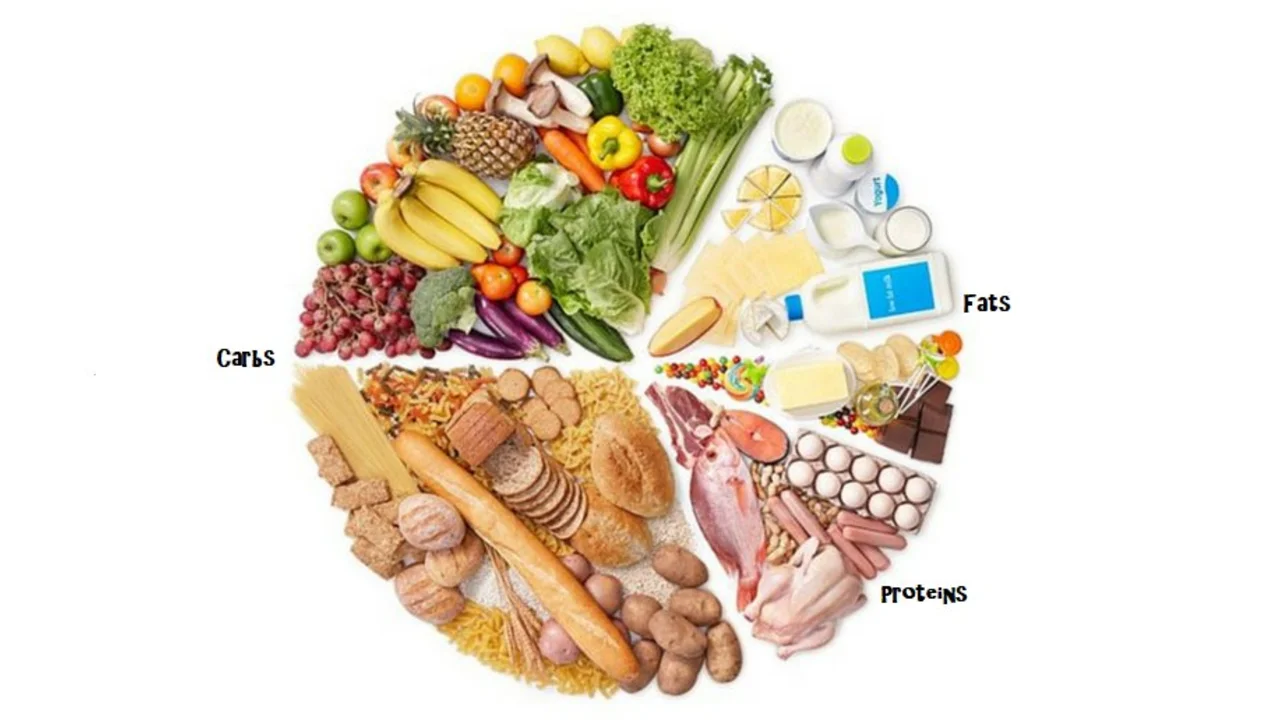Dietary Considerations – Simple Ways Food Affects Your Meds and Supplements
Ever taken a pill and wondered if your breakfast could be messing with it? You’re not alone. Food can boost, block, or change the way a medicine or supplement works. Knowing a few easy rules helps you get the most out of what you take and avoids unwanted side effects.
First, think about timing. Some drugs need an empty stomach, while others are better with a meal. For example, iron supplements like ferrous sulfate are absorbed best on an empty stomach, but if they upset your stomach you can take them with a tiny snack that’s low in calcium. Calcium, on the other hand, can bind to certain antibiotics such as tetracyclines and prevent absorption. A quick rule: if the label says “take with food,” follow it; if it says “take on an empty stomach,” wait at least 30 minutes after eating.
Common Food‑Drug Interactions to Watch
Here are a few combos that pop up often:
- Grapefruit juice can raise levels of many heart and cholesterol meds, leading to stronger effects and possible side effects.
- Dairy products contain calcium that can block antibiotics like doxycycline and some osteoporosis drugs.
- High‑fat meals may increase the absorption of fat‑soluble vitamins (A, D, E, K) and certain cholesterol meds, sometimes making the dose feel stronger.
- Alcohol mixes badly with many sedatives (like Ativan) and antihistamines (like Claritin). It can increase drowsiness and liver strain.
Knowing these helps you decide when to have your meds and when to skip that glass of juice or dairy.
Supplements and Their Own Food Rules
Supplements are not immune to food effects. A herb like lousewort, which many use for muscle relaxation, works best when taken with a small amount of healthy fat – think a handful of nuts – because its active compounds are fat‑soluble. On the flip side, high‑fiber foods can pull some minerals and herbal extracts out of the gut, lowering what your body actually uses.
If you’re stacking several supplements, keep an eye on overlap. For instance, plant sterols and red yeast rice both aim to lower cholesterol, but taking them together can sometimes cause stomach upset. Split them across meals or talk to a pharmacist.
Lastly, stay hydrated. Water helps dissolve pills and carries nutrients through the digestive tract. A glass of water with each dose is a tiny habit that can make a big difference.
Bottom line: food isn’t just fuel, it’s a partner in how your body handles meds and supplements. A quick scan of label warnings, a habit of timing doses, and a little awareness of common food‑drug combos can keep you on track. If you’re ever unsure, a short chat with a pharmacist or doctor can clear things up fast. Stay healthy, stay informed, and let your meals work for you, not against you.

